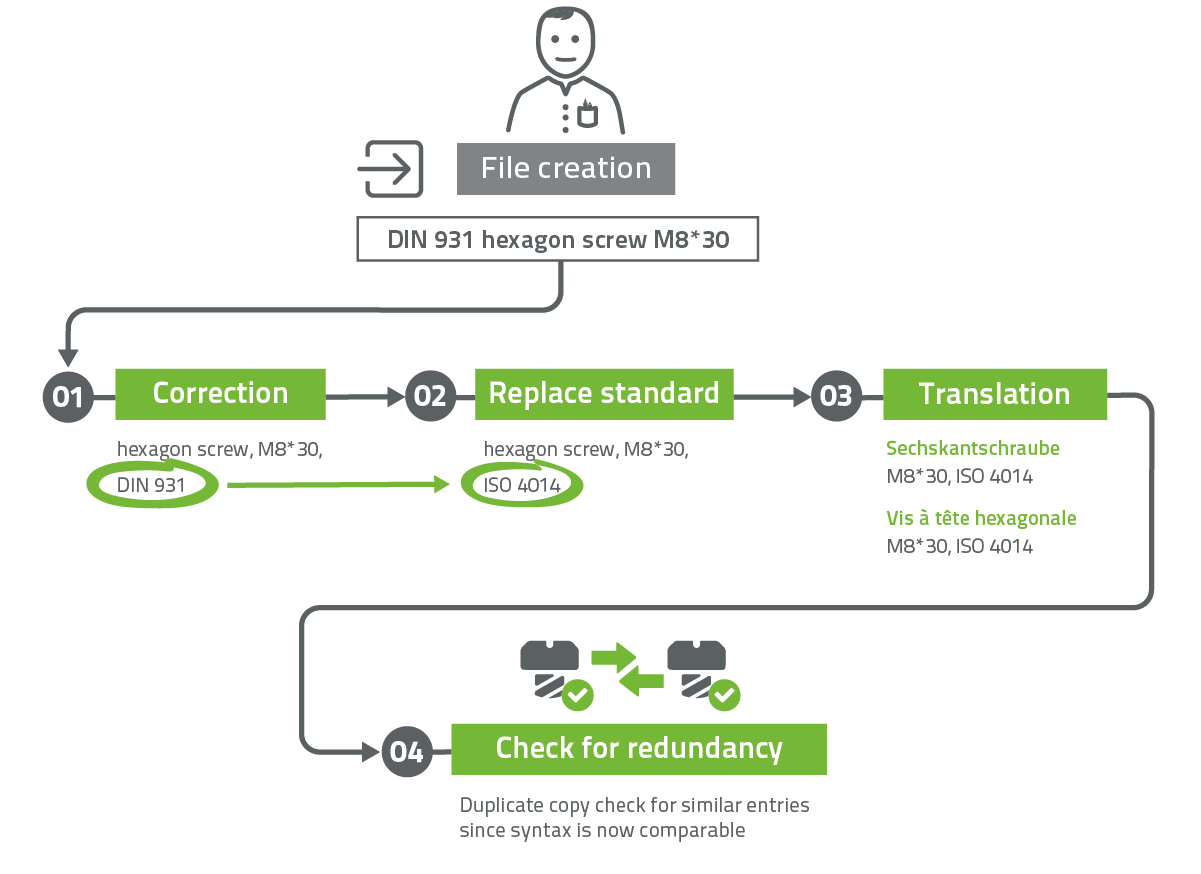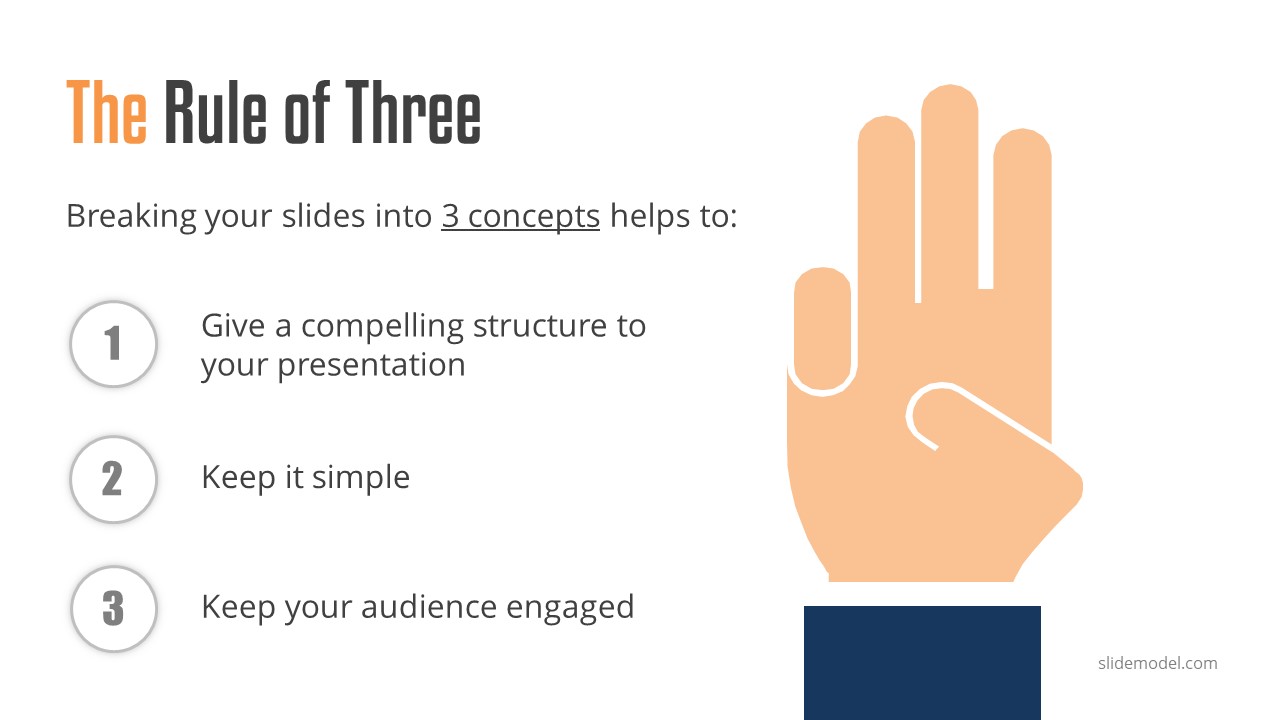

He described concept map, a network of concepts or ideas which are interrelated, and learners analyze their cognitive structure by making a network of concepts, labelling the associations among the concepts of network, and explaining the nature of their relation. Gulmans (2004) has defined semantic network as a cognitive tool which permit the growth of concept map.

It is also interchangeably used with other names as concept maps or concept network. Semantic network is one such technique which helps in knowledge representation. If teachers help learners to represent knowledge, and associate the new concepts with the past one’s, then it would be uncomplicated for learners to organize new information with the old one, and interpret its meaning. As said earlier, the knowledge one hold is a result of one’s own experience, and if we talk about learners, they have their personal cognitive structure. Relating new knowledge with the past one strengthens one’s cognitive structure, and it becomes easy for a learner to grasp new concepts which improves their learning process. Each learner need to know his or her semantic network for the particular concept and teachers can match their semantic network with them to determine the level of knowledge learners hold in their possession. Thus, along with previous knowledge test, which may be helpful in eliciting a response from learner in relation to his/her past experiences, we also need to understand knowledge structure of every member of the classroom. Owing to the fact that we have our own personal experiences, hence, each one of us possess distinct cognitive structure and therefore, we follow different learning path or process for receiving any information.Įveryone has a different capacity to organize relationship between ideas in their memory, and organization or representation of these ideas form a network termed as Semantic Network. Learning and personal experience has a positive relation, and David Ausubel, an American psychologist, stressed upon the link of past experiences with the learning and implied that people learn from experiences because they are stored in the memory, and there is a link between past and new knowledge we gain. However, we assume that each learner has a same structure of knowledge and ignore individual’s peculiar representation of ideas. As everyone is distinct, therefore, their thinking is different too- the ideas, concept and relationships between them, stored in their mind must be different also. Does previous knowledge testing facilitate a link between the old and new concept? In that case, few students remember previous concepts, and many do not, though this mechanism is a fine way to evoke previous information, but it treats all learners same, and do not provide enough time to induce learners for drawing out related information from them. It is one of the mechanism to elicit information from learners concerning new concept. I remember, during the teacher training course- professors would lay stress with their gawk eyes on the previous knowledge questions framed by teacher trainees. Assuming and assessing students’ previous knowledge for the upcoming topic during the planning of lesson is not uncommon for teachers.

But, now you will say that teachers already connect new information with students’ experiences. The existing information indicates, a knowledge, learner has earned from one’s past experiences whether in school, with teachers, peers or family. There are many ways and strategies employed to improve the process of learning, and one of them is to link new information with the existing one to help learners in acquiring a new concept. Learners are ignorant concerning their learning process as their focus is more on the product, so they end up with poor results. However, becoming a learning leader is not an effortless task, and what learners can do to refine it, and how teachers may help them in mastering the process of learning is a question ask by them a plenty of times. Awareness and improvement of one’s own learning process yields a learning leader, which, thus, may lead to a better achievement.


 0 kommentar(er)
0 kommentar(er)
